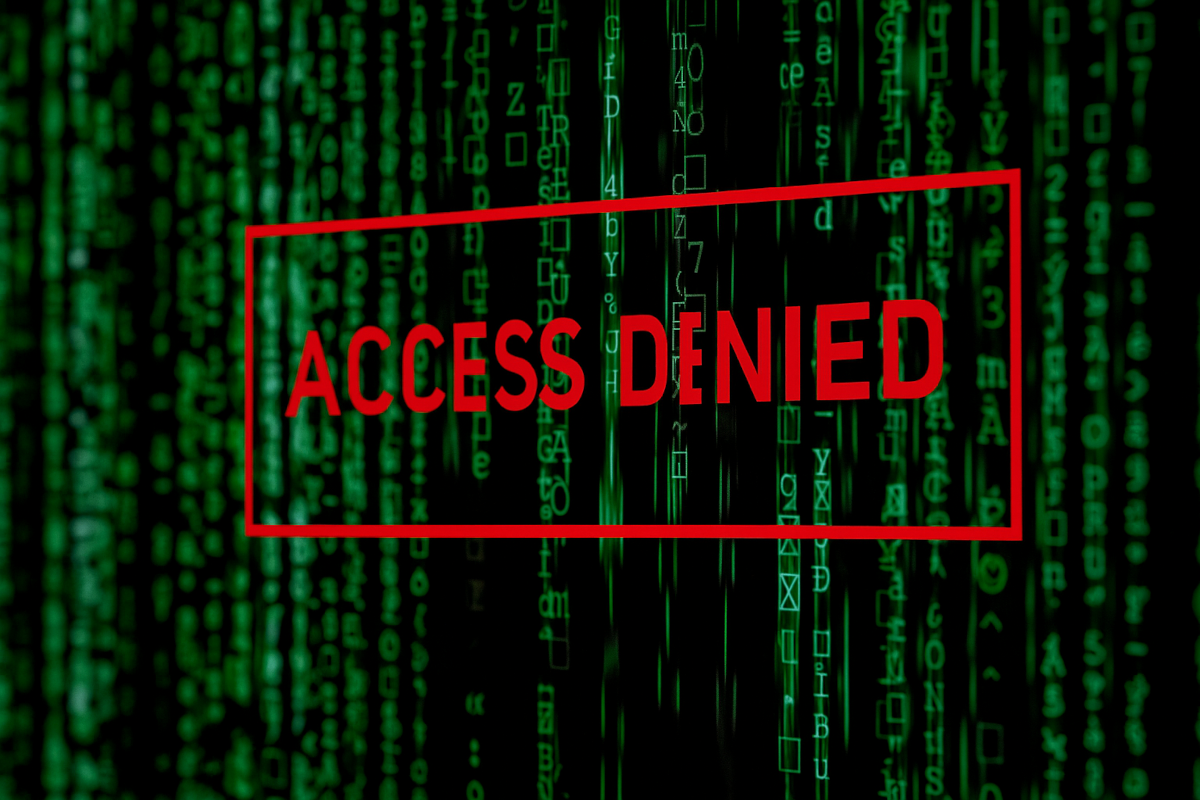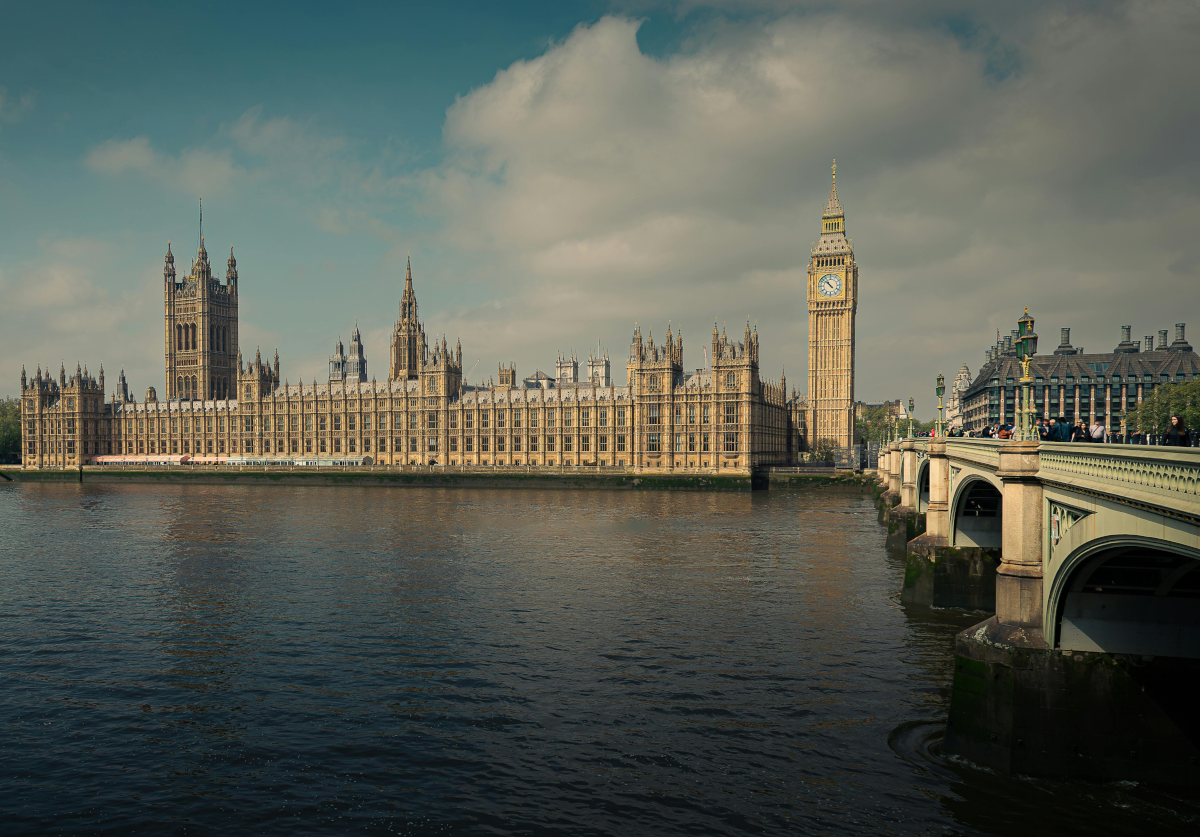What would a Michigan VPN look like and what effect could it have?
29th September 2025

If Michigan lawmakers get their way, VPN users might soon find themselves in a legal nightmare. The state’s proposed Anticorruption of Public Morals Act doesn’t just target explicit content,it takes aim at VPNs entirely, banning their sale, use, and even requiring internet service providers to detect and block them. On paper, the bill is about preventing people from bypassing new age-verification laws, but its language is so broad it could outlaw everything from a home user streaming content securely to a Fortune 500 company protecting its remote workforce. This is where things get messy. VPNs aren’t just a tool for dodging rules, they’re a cornerstone of digital security. Corporations rely on them to encrypt traffic and keep sensitive data safe. Ordinary users rely on them to stop creepy tracking, hide their real IP, and avoid being charged extra for plane tickets just because they live in London instead of Lisbon. Even Apple has recognized their importance, building a VPN-like feature (Private Relay) straight into iOS. A full-blown VPN ban would be catastrophic. Imagine ISPs acting as internet police, scanning for VPN usage and flagging innocent users when detection inevitably gets it wrong. And the tech to enforce this? It doesn’t really exist at scale, VPNs are notoriously hard to detect. Privacy advocates have been quick to point out that such a ban would require massive new infrastructure and would likely end up punishing legitimate users far more than any bad actors. For now, this bill hasn’t passed, but if Michigan pulls the trigger, it could spark a wave of similar laws across the U.S. That’s why privacy activists argue that protecting VPN access is about more than just convenience, it’s about safeguarding basic digital freedoms. Without VPNs, every click, every search, and every login is exposed. And once that privacy is gone, you don’t get it back. If there was ever a time to care about VPNs, it’s now.




